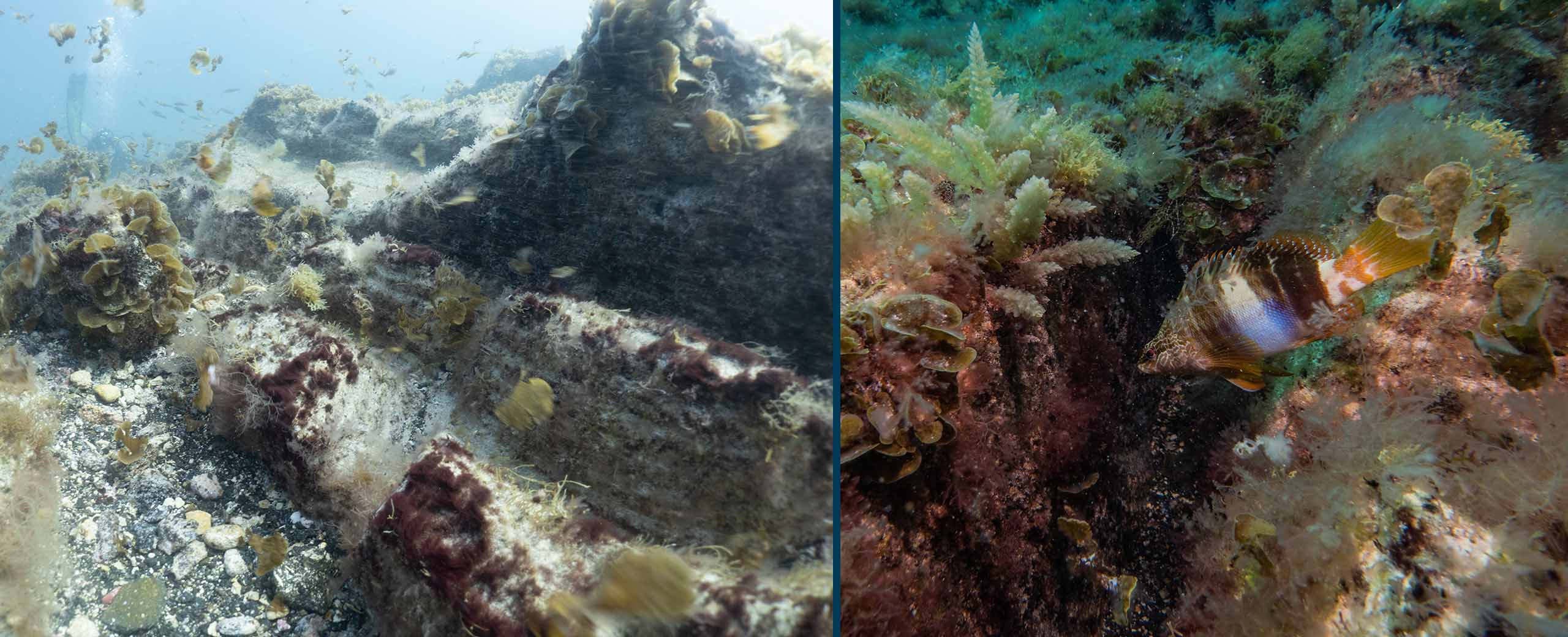The Task Force on Nature-related Financial Disclosures (TNFD) is shaping how businesses understand and report their interactions with nature. By establishing a global framework for assessing and disclosing nature-related risks and opportunities, the TNFD enables companies to better integrate biodiversity and ecosystem considerations into financial and strategic decision-making – particularly in high-impact sectors like energy, agriculture, and construction.
This approach resonates strongly with ECOncrete’s practice. Our technology was developed with the understanding that the concrete marine infrastructure (CMI) sector can – and must – support ecological regeneration. Through a combination of admix innovation and nature-inclusive design, ECOncrete’s solutions not only support measurable biodiversity uplift but also improve structural durability and resilience, including through processes like bioprotection and calcification.
Our methods, grounded in over a decade of marine biological research, show that infrastructure can function as part of an ecosystem rather than in opposition to it. Structures built with ECOncrete demonstrate increased species richness and reduced invasive species ratios compared to standard concrete, while simultaneously reducing the carbon intensity of the material itself and improving longevity through natural colonization.
The TNFD’s recognition of ECOncrete’s positive impact on marine life reflects a broader industry shift: incorporating ecosystem services into the core of infrastructure valuation. ECOncrete’s inclusion on the TNFD platform underlines the financial and ecological viability of our approach. It confirms that concrete assets can reduce permitting and maintenance costs, enhance long-term performance, and avoid penalties through reduced environmental impact.
Marine development will always affect the seabed. But with the right design, it can also create the conditions for ecological succession – turning infrastructure into habitat. ECOncrete’s role in the TNFD conversation signals a future where financial systems reward projects that contribute to regeneration rather than degradation.
